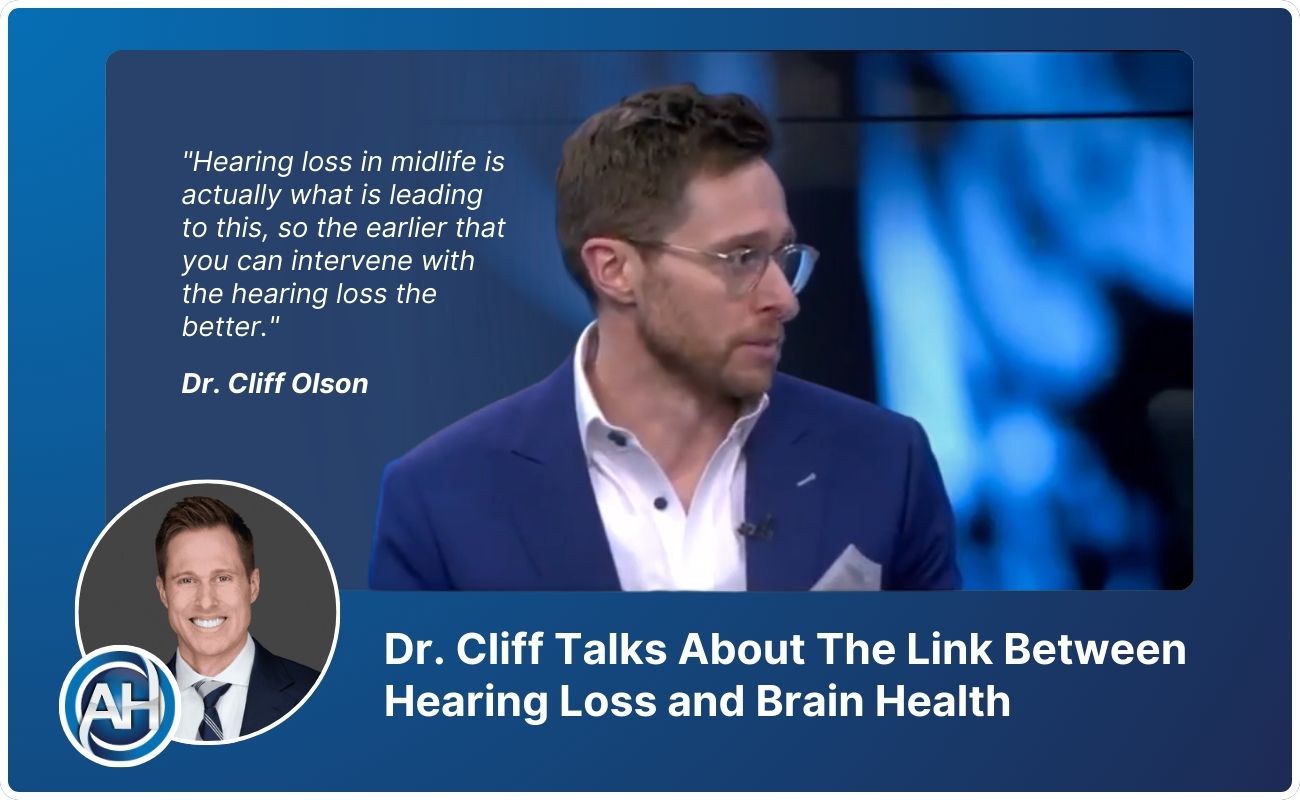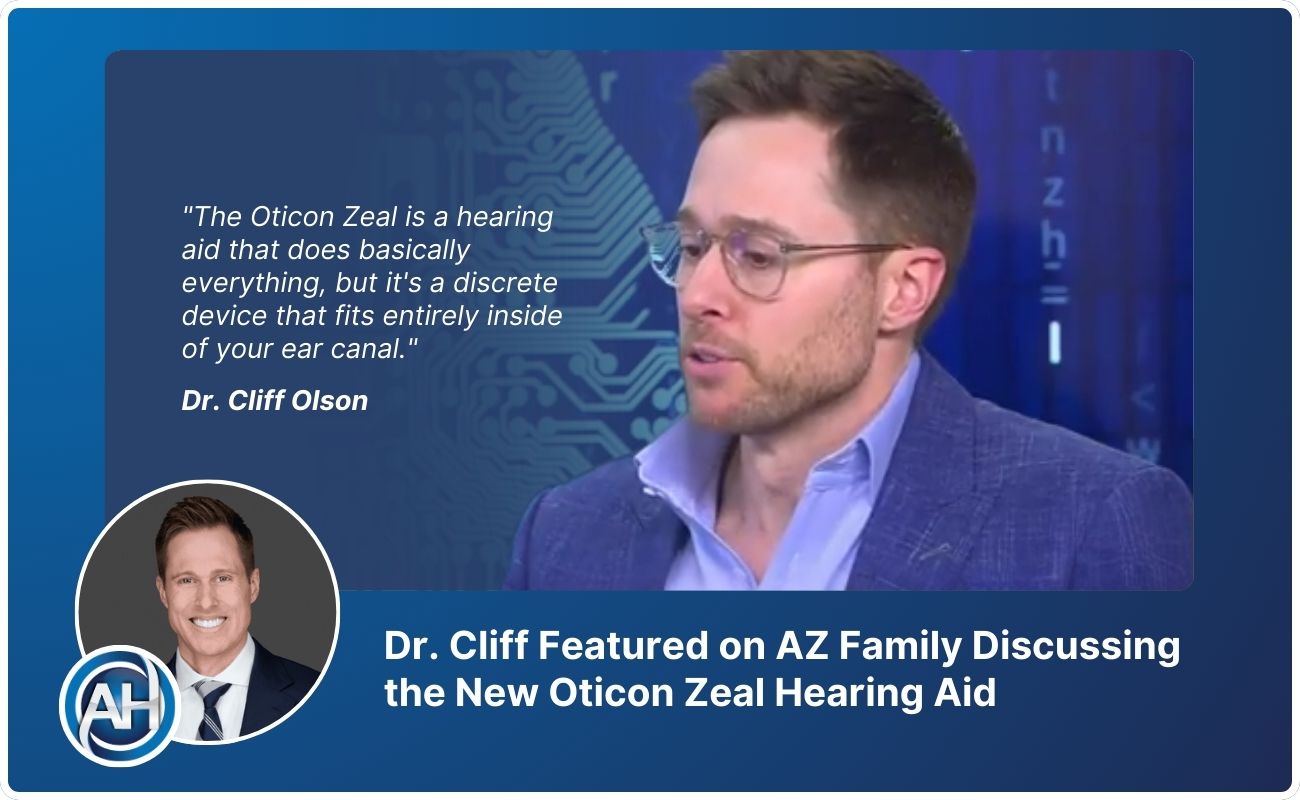
Debunking Myths: Audiologists Reveal the Truth About Hearing Loss
As audiologists, we find it crucial to debunk myths about hearing loss and we want to stress the importance of accurate information.
Integrate your CRM with other tools
Lorem ipsum dolor sit amet, consectetur adipiscing elit lobortis arcu enim urna adipiscing praesent velit viverra sit semper lorem eu cursus vel hendrerit elementum morbi curabitur etiam nibh justo, lorem aliquet donec sed sit mi dignissim at ante massa mattis.
- Neque sodales ut etiam sit amet nisl purus non tellus orci ac auctor
- Adipiscing elit ut aliquam purus sit amet viverra suspendisse potenti
- Mauris commodo quis imperdiet massa tincidunt nunc pulvinar
- Adipiscing elit ut aliquam purus sit amet viverra suspendisse potenti
How to connect your integrations to your CRM platform?
Vitae congue eu consequat ac felis placerat vestibulum lectus mauris ultrices cursus sit amet dictum sit amet justo donec enim diam porttitor lacus luctus accumsan tortor posuere praesent tristique magna sit amet purus gravida quis blandit turpis.

Techbit is the next-gen CRM platform designed for modern sales teams
At risus viverra adipiscing at in tellus integer feugiat nisl pretium fusce id velit ut tortor sagittis orci a scelerisque purus semper eget at lectus urna duis convallis. porta nibh venenatis cras sed felis eget neque laoreet suspendisse interdum consectetur libero id faucibus nisl donec pretium vulputate sapien nec sagittis aliquam nunc lobortis mattis aliquam faucibus purus in.
- Neque sodales ut etiam sit amet nisl purus non tellus orci ac auctor
- Adipiscing elit ut aliquam purus sit amet viverra suspendisse potenti venenatis
- Mauris commodo quis imperdiet massa at in tincidunt nunc pulvinar
- Adipiscing elit ut aliquam purus sit amet viverra suspendisse potenti consectetur
Why using the right CRM can make your team close more sales?
Nisi quis eleifend quam adipiscing vitae aliquet bibendum enim facilisis gravida neque. Velit euismod in pellentesque massa placerat volutpat lacus laoreet non curabitur gravida odio aenean sed adipiscing diam donec adipiscing tristique risus. amet est placerat.
“Nisi quis eleifend quam adipiscing vitae aliquet bibendum enim facilisis gravida neque velit euismod in pellentesque massa placerat.”
What other features would you like to see in our product?
Eget lorem dolor sed viverra ipsum nunc aliquet bibendum felis donec et odio pellentesque diam volutpat commodo sed egestas aliquam sem fringilla ut morbi tincidunt augue interdum velit euismod eu tincidunt tortor aliquam nulla facilisi aenean sed adipiscing diam donec adipiscing ut lectus arcu bibendum at varius vel pharetra nibh venenatis cras sed felis eget.
We've all heard the most common misconception about hearing loss: it only affects older individuals. As audiologists, we find it crucial to debunk myths about hearing loss and we want to stress the importance of accurate information. Here, we provide essential facts about hearing loss, emphasizing that it is more than just a decline in hearing ability; untreated or inadequately treated hearing loss can lead to inappropriate responses during conversations and requires more than yelling to improve understanding. We also embark on a mission to correct false beliefs surrounding hearing loss, such as the effectiveness of hearing aids in restoring hearing to normal and the idea that all persons with hearing loss can read lips or use sign language.
Myth #1: Hearing Loss is Only a Problem for the Elderly
It's a misconception that hearing loss is solely a concern for the elderly. In reality, hearing loss spans across various age groups, with approximately 15% of American adults (37.5 million) aged 18 and over reporting some trouble hearing. Notably, nearly half of those older than 75 experience hearing difficulties, underscoring the prevalence among the elderly. However, it's crucial to recognize that hearing loss is not exclusively an age-related issue. Around one-third of the 48 million people with hearing loss in the U.S. are 65 or older, highlighting that the majority are of working age and fully employable, albeit may require accommodations. Mild hearing loss, often overlooked, can profoundly affect one's quality of life, impacting relationships and work productivity.
Key Points on Age-Related Hearing Loss:
- Gradual Process: Age-related hearing loss, or presbycusis, gradually affects individuals, making it less noticeable in its early stages.
- Risk Factors: Besides aging, long-term noise exposure, certain medical conditions, genetic predisposition, and specific medications can contribute to hearing loss.
- Prevalence and Screening: A significant portion of adults between 61 to 70 years and over 80% of those older than 85 experience hearing loss, with men generally affected more severely. Regular screening is recommended for adults over 50 to 60 years to facilitate early detection and management.
Myth #2: Hearing Aids Restore Hearing to Normal
As audiologists, we have encountered numerous misconceptions regarding hearing aids and their capabilities. It's essential to understand that while hearing aids are incredibly beneficial, they do not restore hearing to its natural state. Here are some critical facts about hearing aids, reflecting on their crucial role in managing hearing loss:
- Customization and Calibration:some text
- Hearing aids are tailored to meet individual needs, ensuring clearer communication.
- They require professional calibration and fine-tuning by an audiologist to optimize auditory comprehension.
- Real ear measurement (REM) ensures that your hearing aids provide accurate amplification based on your individual hearing needs. This process involves placing a tiny microphone in your ear canal to measure the sound levels produced by the hearing aids. By fine-tuning the settings based on these measurements, REM helps optimize the performance of your hearing aids and improve your overall listening experience. So, while hearing aids may not restore your hearing to normal, they can significantly enhance your ability to communicate and engage with the world around you.
- Technological Advancements:some text
- Modern hearing aids come in various styles, each with unique advantages depending on the user's listening lifestyle.
- These devices are designed to be compact and user-friendly, suitable for all ages.
- Despite their advanced technology, hearing aids cannot fully restore normal auditory perception. They primarily amplify weak sounds, aiding in better hearing but not curing hearing loss.
- Adjustment and Management:some text
- Adapting to hearing aids involves time, patience, and endurance. The brain needs to retrain to interpret amplified sounds accurately.
- Regular visits to your audiologist are crucial for ensuring the device's optimal performance.
- Users may find certain situations challenging even with hearing aids, highlighting the importance of realistic expectations and continuous adjustment to the device settings.
Myth #3: All People with Hearing Loss Read Lips and Use Sign Language
Untreated hearing loss can significantly impact one's ability to navigate conversations, especially in noisy environments or during phone calls. It's a common misconception that all individuals with hearing loss adapt by learning sign language or lip reading. However, the reality is much more nuanced and varies greatly among individuals based on several factors:
- Age and Severity of Hearing Loss: The approach to communication varies with the age at which hearing loss occurs and its severity. For instance, babies and children are more likely to receive hearing aids or cochlear implants and may be introduced to sign language as a part of their communication toolkit. In contrast, seniors typically rely on hearing aids and are less likely to learn new forms of communication such as sign language or lip reading.
- Personal Circumstances and Preferences: Teens and adults might choose to learn sign language and/or lip reading, depending on their unique needs and life situations. For adults who experience hearing loss later in life, integrating sign language into their established routines can present challenges due to existing commitments like work and family.
- Effectiveness and Reliability: The effectiveness of lip reading varies among individuals, with only 30% of spoken English being accurately discernible through lip reading. This method can be particularly challenging for distinguishing words with similar lip movements but different meanings. Despite these challenges, some individuals may use a combination of communication methods, including sign language, lip reading, writing, and speaking, tailored to their abilities and the context of the conversation.
It's crucial to recognize the diversity in communication methods among those with hearing loss, underscoring the importance of understanding and accommodating individual preferences and needs.
Myth #4: Yelling Helps People with Hearing Loss Understand Better
Addressing the common misconception, speaking louder than normal or even yelling is not an effective way to communicate with someone experiencing hearing loss. Instead, clarity and a strategic approach to communication are key. Here are some practical tips for improving interactions:
- Optimize Environment & Positioning:some text
- Ensure you're facing the person directly in a well-lit area to allow for lip-reading if possible.
- Reduce background noise by turning off any unnecessary sound sources.
- Position yourself on the side of the person's better hearing ear if they have one.
- Modify Your Speaking Habits:some text
- Speak clearly, slowly, and distinctly without raising your voice or exaggerating mouth movements.
- Start the conversation by saying the person's name to capture their attention.
- If something isn't understood, try rephrasing rather than repeating the same words louder.
- Enhance Understanding:some text
- For critical information like dates, times, or instructions, consider providing it in written form as well.
- Encourage feedback to ensure your message is understood, asking them to repeat back key points if necessary.
By adopting these strategies, communication becomes more about mutual understanding and less about volume, fostering a more inclusive and respectful dialogue. Remember, patience and empathy go a long way in effectively communicating with individuals experiencing hearing loss.
Myth #5: If You Have Hearing Loss, You Cannot Lead a Successful Life
The myth that individuals with hearing loss cannot lead successful lives is entirely unfounded. In fact, modern advancements in hearing aid technology have significantly improved the quality of life for people with hearing impairments, enabling them to thrive in various aspects of life, including education, employment, and personal well-being. Research consistently demonstrates that individuals who address their hearing loss, typically by using hearing aids, have a greater potential to earn more compared to those who do not seek treatment. This is because untreated hearing loss can create communication barriers, misunderstandings, and decreased productivity in the workplace. By utilizing hearing aids, individuals can actively participate in conversations, engage in meetings, and effectively complete tasks, ultimately enhancing their professional success and earning capacity. Hearing aids play a vital role in ensuring personal safety and security. Whether indoors or outdoors, they enable individuals to detect crucial auditory signals like alarms, sirens, and approaching vehicles, thus helping them avoid accidents and stay safe. Moreover, in the workplace, hearing aids enhance situational awareness, reducing the likelihood of workplace hazards and promoting overall safety. Hearing aids are essential for better communication in both personal and professional relationships. Clear communication is crucial for building strong connections, collaborating effectively, and expressing oneself confidently. With hearing aids, individuals can actively participate in conversations, enjoy social interactions, and maintain meaningful relationships without feeling isolated or excluded.
Myth #6: Hearing Loss Does Not Affect Mental Health
Addressing the misconception that hearing loss is purely a physical condition, it's crucial to understand its profound impact on mental health.
- Cognitive Decline and Dementia Risk:some text
- Mild hearing loss doubles the risk of dementia.
- Moderate to severe hearing loss can increase the risk up to five times.
- Brain scans indicate faster atrophy rates in individuals with hearing loss.
- Social and Emotional Well-being:some text
- Hearing loss contributes to social isolation, leading to an increased risk for depression, poor sleep, and heart disease.
- Adults with untreated hearing loss are 47% more likely to experience depression symptoms.
- The feeling of isolation and the struggle with communication can lead to anxiety, feelings of inadequacy, and even paranoia.
- Impact on Children and Families:some text
- Children with hearing loss are at a higher risk for mental health disorders, including depression and social isolation.
- The entire family's mental health can be affected, emphasizing the need for support systems and understanding the emotional responses to hearing loss challenges.
Audiologists advocate for early diagnosis and rehabilitation to mitigate these risks and improve the quality of life for those with hearing loss, underscoring the interconnectedness of hearing health and mental well-being.
Hearing Care You Can Believe In
From highlighting its prevalence across different age groups to emphasizing the significant, yet often misunderstood, role of hearing aids, we hope these facts have reshaped your understanding and approach towards hearing loss. For further guidance or to embark on a journey towards better hearing health, visit us at Applied Hearing Solutions, where expertise meets compassion, paving the way to a world of improved communication and connectivity.




